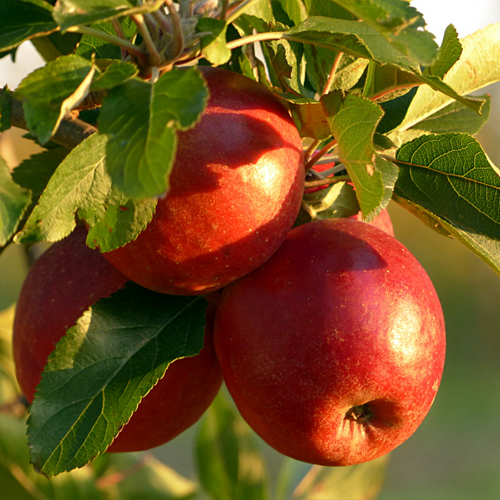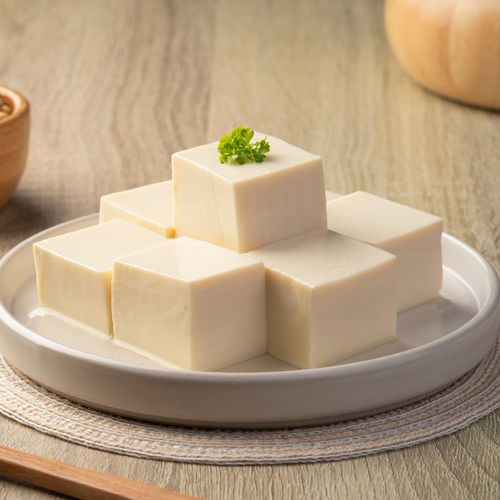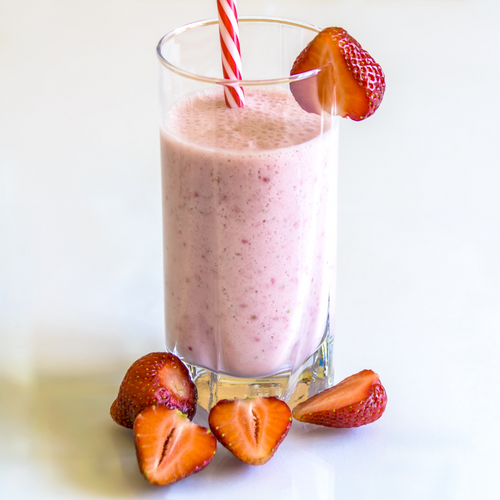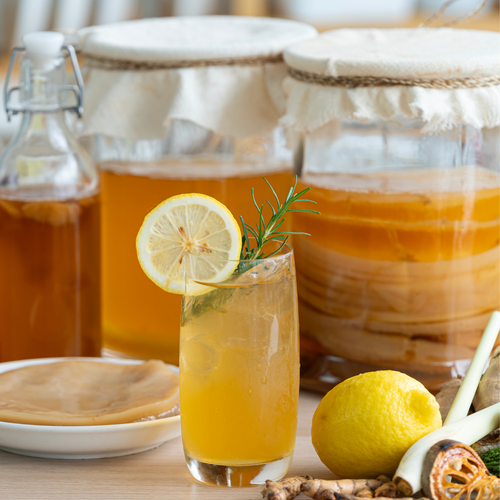Almost all of us have experienced the unpleasantness of acid reflux, but for some people, it's a recurring problem that can become really bothersome.
Gastric reflux, what is it?
It is also known as gastroesophageal reflux disease (GERD), or acid reflux . These terms all refer to the same thing: the involuntary passage of part of the gastric contents into the esophagus, creating this burning sensation and excessive acidity.
What causes gastric reflux?
It is wise to identify, if possible, the causes of reflux to limit them. GERD can be caused by:
- A hiatal hernia , often linked to being overweight or obese
- A diet too rich in fat , leading to slow gastric emptying
- Positions taken after meals
- Smoking , excess coffee and/or alcohol
- The pregnancy
- A decrease in lower esophageal sphincter pressure (more difficult to identify)
In addition to the daily inconveniences that they can cause, gastric reflux, if it is recurrent and severe, can lead to irritation of the esophagus, which is called esophagitis. Eventually, complications can worsen, including ulcers and hemorrhages. Another complication, although rarer, is metaplasia. This involves replacing the damaged esophageal mucosa with gastric mucosa, during poor healing. In the worst cases, GERD and untreated metaplasia can lead to cancer.
What are the symptoms of gastric reflux?
The most common symptoms in cases of reflux are a burning sensation in the chest, generally occurring after eating, and/or while lying down . Some people also feel the sensation of a foreign body in the throat , have an unexplained chronic cough or also hoarseness of the voice , epigastric and chest pain. Others report having frequent hiccups and belching . Finally, ENT complications such as episodes of laryngitis or nasopharyngitis are also one of the possible signs of gastric reflux. If these symptoms concern you, do not neglect them, the esophagus is not able to support acidity in the long term.
Our 9 tips to relieve your gastric reflux naturally
The first instinct will often be to turn to a medicinal solution, but in reality, there are simple health and diet tips to apply that can solve the problem. Here are 9 tips to relieve gastric reflux naturally.
1 – Take stock of your diet to prevent gastric reflux
In the case of overweight or obesity, a complete dietary rebalancing with the help of a health professional will need to be undertaken. Otherwise, it is possible to influence your diet by limiting the frequency of meals that are too high in fat and calories. Some studies also demonstrate the importance of fiber in people suffering from GERD: it improves esophageal motility, helping to control symptoms.
2 – Avoid acidifying foods to prevent gastric reflux
Coffee, tea, alcohol, refined sugar, industrial sugary drinks, etc. All these products contributing to the increase in the body's acidity level should be limited or eliminated from the diet if the reduction in these are not enough. Carbonated drinks and overly spicy dishes can also be the cause of these inconveniences.
3 – Stop smoking to make gastric reflux disappear
Tobacco causes an overproduction of stomach acid, which creates digestive discomfort and reflux. In addition, it slows the healing of lesions in the esophagus and compromises the proper functioning of its sphincter.
4 – Take the time to chew to relieve gastric reflux naturally
It is important to eat slowly and take the time to chew food thoroughly to avoid overloading your stomach. Indeed, digestion begins in the mouth, thanks to the enzymes contained in saliva. By chewing correctly, the stomach works less, digestion will be easier , and reflux less frequent.
5 - Take a digestive walk after a meal to avoid the appearance of gastric reflux
It is best not to lie down after eating. If you find yourself in this position during digestion, it promotes acid reflux. It is also recommended to leave an interval of 2 to 3 hours between dinner and bedtime. Instead, it is a good idea to take a short walk of 10-15 minutes, which will improve and speed up the digestion process.
6 - Avoid intense exercise after a meal to avoid gastric reflux
Doing physical exercise in the post-prandial period (2 to 3 hours after the meal) promotes the movement of the food bolus in the stomach, which can partly rise up into the esophagus. It is therefore advisable to wait a bit for digestion to take place before exercising.
7 - A DIJO lithothamne treatment to relieve gastric reflux naturally
Herbal medicine is often a good alternative to medications that can fatigue the liver. The benefits of using plants are numerous in the scientific literature. At each change of season, if you suffer from gastric reflux, DIJO recommends undertaking a treatment with Lithothamne . Composed of 100% lithothamne powder in the amount of 1200 mg, and due to their richness in micronutrients, these capsules regulate the acid-base balance of the body, thus reducing heartburn and acid reflux.
8 – Sleep by elevating your head to relieve your GERD
One of the tips for combating GERD is the position you adopt when sleeping. We recommend elevating your head with pillows while sleeping, but some people prefer to raise the feet of their bed by about fifteen centimeters to head level. This last way of doing things is more effective.
9 – Avoid tight clothing to relieve gastric reflux
This tip, a little less known, can help improve GERD symptoms, but also other digestive symptoms, because the pressure exerted by clothing on the intestines and stomach can be really harmful, particularly by causing the opening of the esophageal sphincter which is supposed to remain closed.
Sources:
[1] Sethi, S., & Richter, J. (2017). Diet and gastroesophageal reflux disease . Accessed December 21, 2021 from https://pubmed.ncbi.nlm.nih.gov/28146448/
[2] Surdea-Blaga, T., Negrutiu, D., Palage, M. (2019). Food and gastroesophageal reflux disease . Accessed December 21, 2021 from https://pubmed.ncbi.nlm.nih.gov/28521699/
[3] Mitchell, D., Derakhshan, M., & Wirz, A. (2017). Abdominal belt compression aggravates gastroesophageal reflux, primarily by impairing esophageal clearance . Accessed December 21, 2021 from https://pubmed.ncbi.nlm.nih.gov/28267445/
[4] Morozov, S., Isakov, V., & Konovalova, M. (2018). Fiber-enriched diet helps to control symptoms and improves esophageal motility in patients with non-erosive gastroesophageal reflux disease. Accessed December 22, 2021, from https://pubmed.ncbi.nlm.nih.gov/29881238/



















